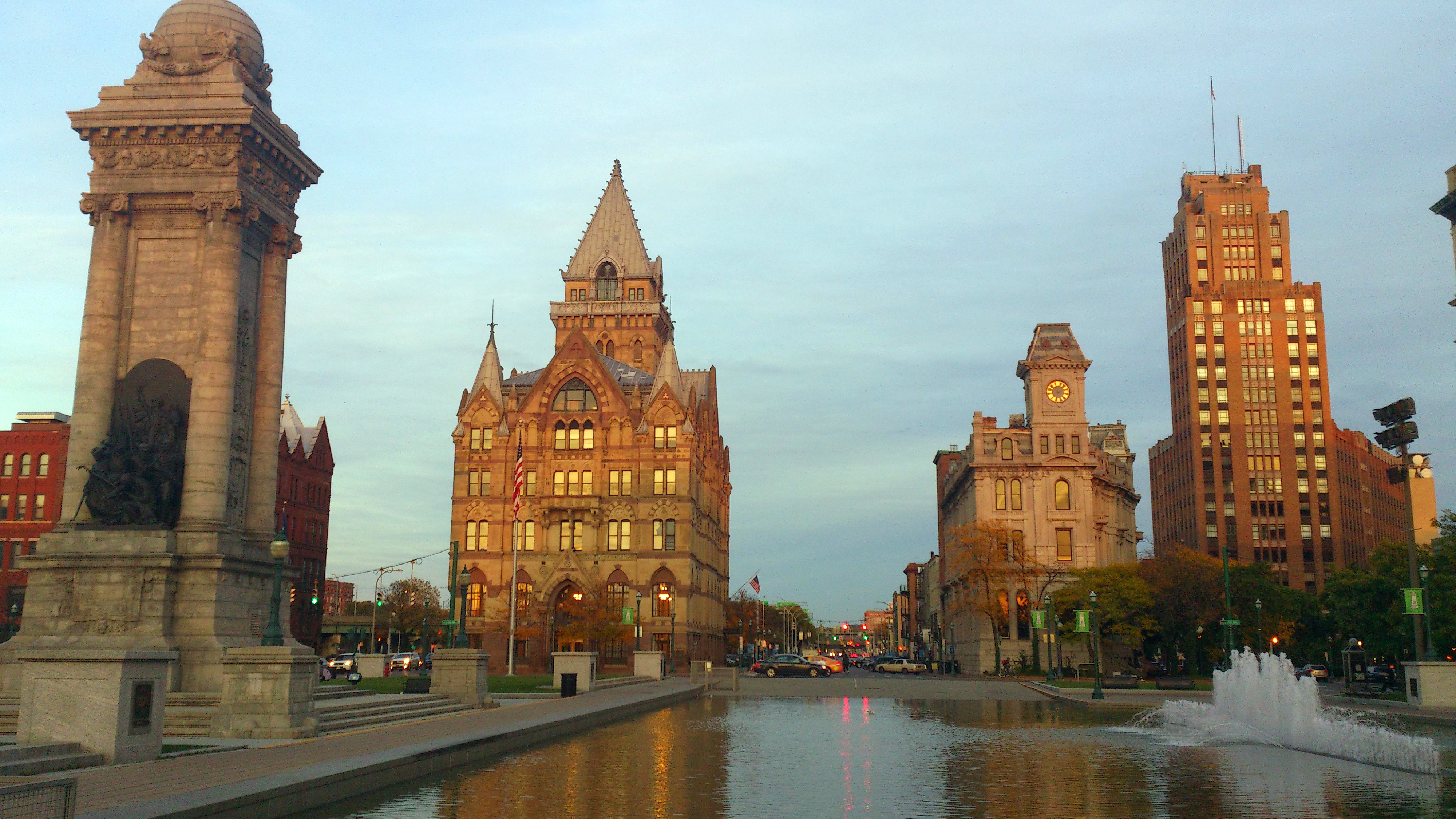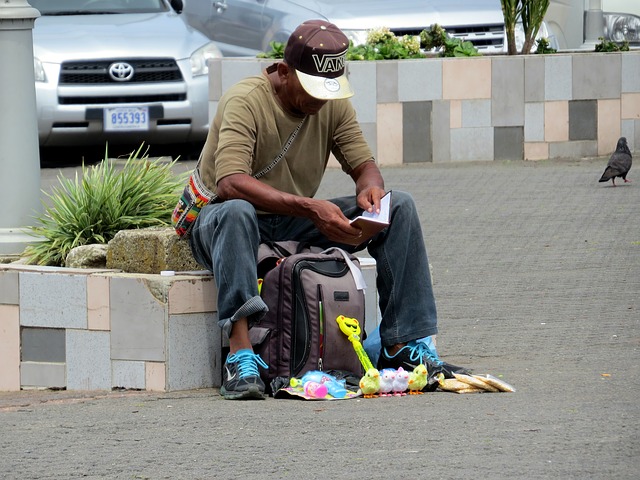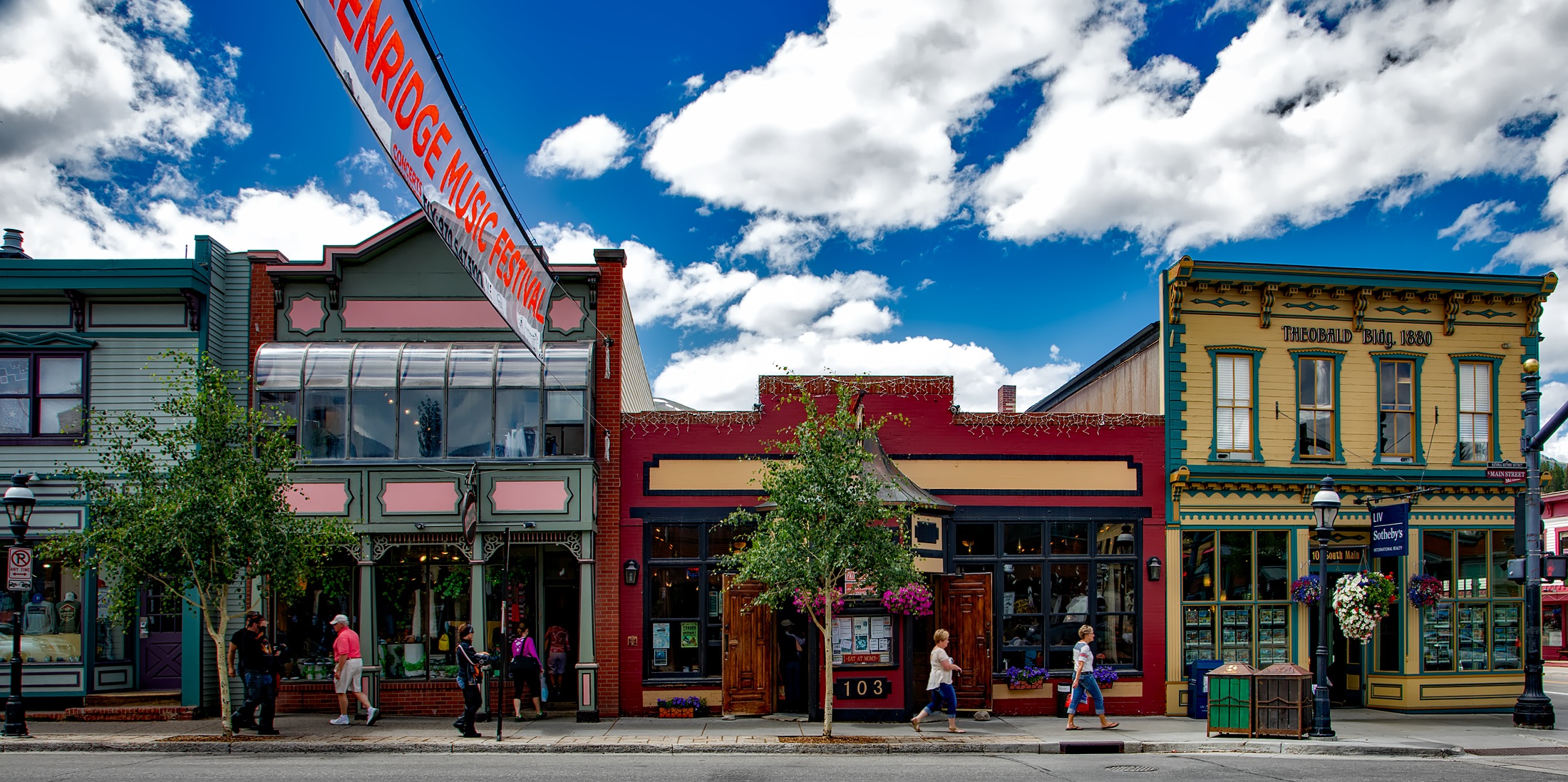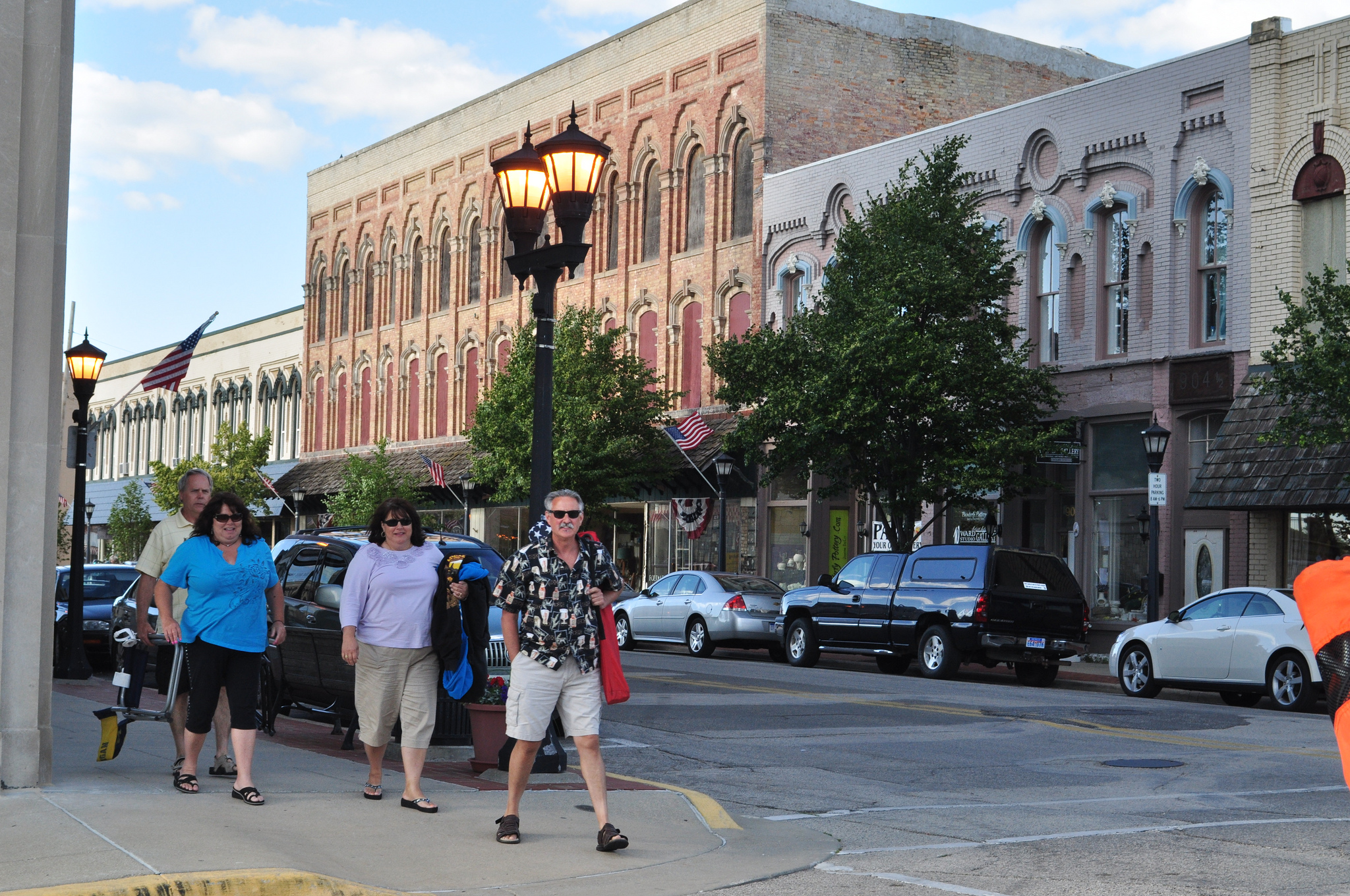
This grant program, the first of its kind, is operated by the Michigan Economic Development Corporation and the Michigan Municipal League, and funds small projects that activate public space.
The projects are funded half by crowdfunding from local residents and half by a match from the state of up to $50,000. Eligible projects include anything that focuses on the activation of public spaces and community places, and prior projects have included painting murals, rehabbing vacant spaces, and park improvements. Similar programs also exist in Indiana and Massachusetts.








